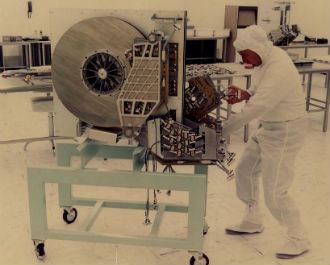 Now that it has started peddling solid-state drives of its own, Seagate seems to think there is plenty of room for SSDs and HDDs to coexist, with hybrid drives serving like a buffer of sorts.
Now that it has started peddling solid-state drives of its own, Seagate seems to think there is plenty of room for SSDs and HDDs to coexist, with hybrid drives serving like a buffer of sorts.
In other words, hybrid drives will be the equivalent of Belgium or Bosnia, which means they don’t exactly have a bright future in the long run. Sooner or later SSDs will come knocking at their door.
In an interview with the Korea Herald, Seagate VP Banseng Teh said the future of storage lies not in hard drives or unit sales, but in storage capacity. Commenting on reports that Samsung might ditch its desktop PC business, Teh said such a turn of events wouldn’t have much of an impact on Seagate. It is worth noting that Samsung has denied that it is pulling out of desktops.
“The volume of what we ship to desktop makers including Samsung is admittedly retreating, but this trend does not affect us because it is not about the units we ship, but the capacity,” Teh said.
Teh believes that annual storage shipments will grow 20 fold by capacity by 2020, which sounds quite optimistic. Desktops might not be the driving force behind hard drive sales, but other form factors and new devices should take their place.
Hard drives will not only get bigger, they will get smarter, too. Teh believes that over 85 percent of hard drives will eventually incorporate hybrid technology. In addition, SSD penetration in notebooks should hit 33 percent by 2016, with a CAGR of 162.4 percent between 2011 and 2016.
However, SSD remain prohibitively expensive and they won’t replace mechanical drives anytime soon. That is why Seagate and other hard drive makers are focusing on hybrid drives in the interim.
“Besides being impractical, a sudden surge in investment would likely plunge the semiconductor industry into a massive slump,” Teh said. “Our goal and strategy is to provide the broadest range of options for our customers, be it SSDs, hybrid or hard disk drives, based on their computing needs.”





